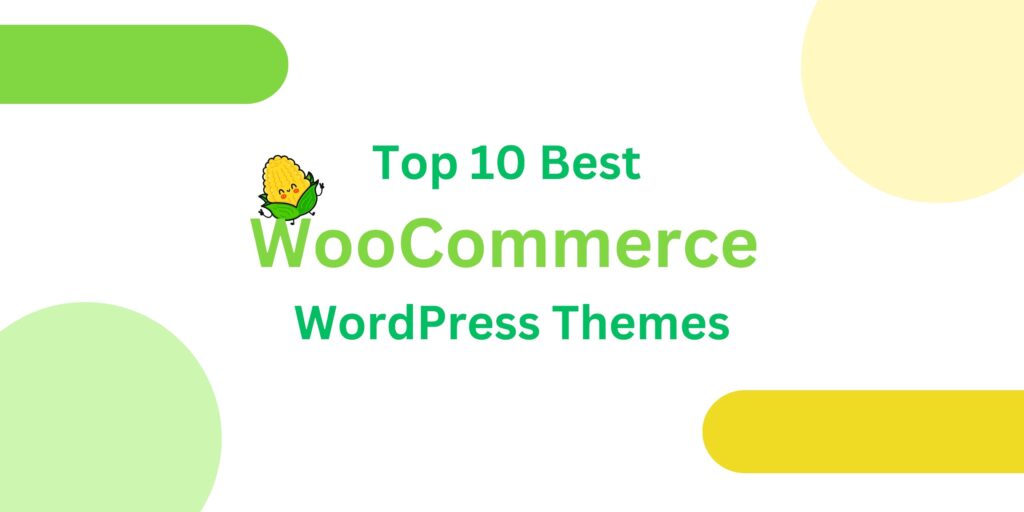YouTube’s Crackdown on Ad Blockers: What You Need to Know
Google is intensifying its efforts to combat the use of ad-blocking tools on YouTube, signaling a significant shift in the platform’s approach to ads and monetization. In recent months, users have noticed that Google is taking more aggressive measures to prevent third-party apps and extensions from blocking ads on YouTube, which has sparked widespread discussion and concern among the platform’s vast user base.
The Growing Use of Ad Blockers
Ad blockers have become increasingly popular as users look for ways to avoid the interruptions that ads can bring to their video-watching experience. These tools have allowed viewers to skip ads entirely, creating a more seamless experience on the platform. However, this has posed a significant challenge for Google, as ads are a primary revenue source for YouTube and its content creators.
Google’s Response: A Tougher Stance
In response, Google has started cracking down on the use of ad blockers more forcefully. Users who are detected using these tools are now being met with warnings, and in some cases, are being denied access to YouTube entirely unless they disable the ad blocker. This new approach underscores Google’s commitment to preserving its advertising model, which is vital not only for the platform but also for the many content creators who rely on ad revenue.
YouTube Premium: The Alternative
As part of this crackdown, Google appears to be nudging users towards its YouTube Premium service, which offers an ad-free experience along with additional features like offline viewing and background play. This subscription service has been presented as the only legitimate way to enjoy YouTube without ads, highlighting Google’s strategy to convert free users into paying subscribers.
User Reactions and Ethical Considerations
The response from the YouTube community has been mixed. While some users understand the need for ads as a revenue stream, others are frustrated by the increasing difficulty in avoiding them. The debate has also raised questions about the ethics of blocking ads versus supporting creators through ad revenue or subscriptions. For many, this situation highlights the broader issues of digital content monetization and the balance between user experience and revenue generation.
The Future of Ad Blocking on YouTube
As Google continues to refine its approach, it is likely that we will see more stringent measures against ad-blocking tools in the future. This move could reshape the way users interact with the platform and may lead to a shift in how content is consumed and monetized across the web.
For users who want an ad-free experience without using ad blockers, YouTube Premium may soon be the only viable option. As this situation evolves, it will be important to watch how both the platform and its users adapt to these changes


